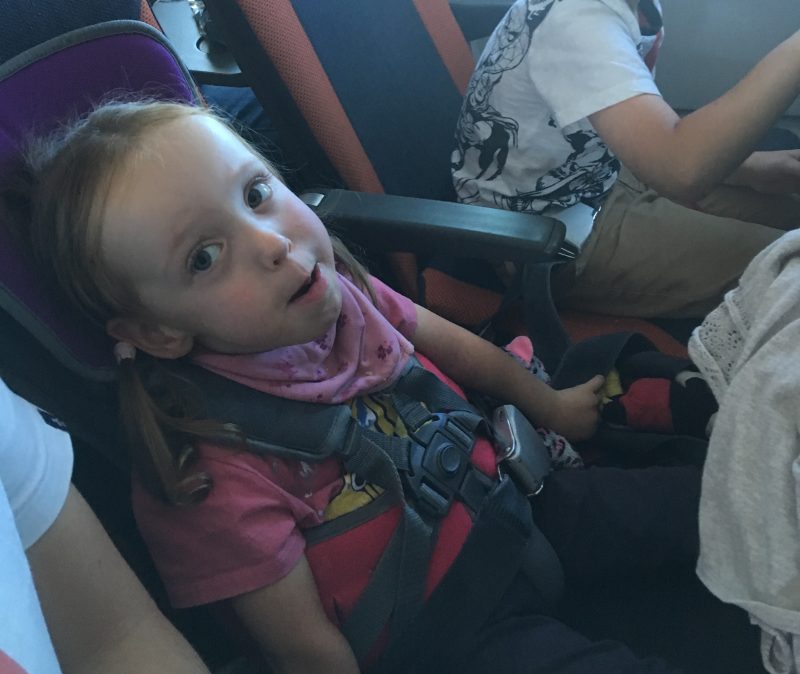Hidden: adjective kept out of sight; concealed. verb past of ‘hide’
We frequently encounter the term ‘hidden’ disabilities; it is in widespread use across the media, throughout society, within many of the various disability communities.
In general, most people have a view on what they think it means; they will refer to it as relating to disabilities that are deemed by society to be less ‘obvious’.
Often included in the list that is offered by way of explanation will be Autism, Attention Deficit Hyperactivity Disorder (ADHD), Dyslexia, or maybe some mental health conditions.
It seems to suit society to compartmentalise a whole range of disabilities, disorders, conditions or illnesses into two broad groups; those that are more obvious ‘visible’ disabilities (especially if there is the big clue of a wheelchair, a guide dog, or hearing aids) and the trickier to spot ‘hidden’ ones where there is no perceived visible clue.
I wonder, however, whether this is just lazy thinking developed to excuse people from taking the trouble to look a little harder or ask the right questions…
‘Hidden’ or ‘Overlooked’?
A so-called ‘hidden’ disability isn’t hidden to the person who has it. It will influence their life and perhaps the lives of their family and friends in a wide variety of ways.
In some cases, it will mean that the person concerned can and does, perhaps with some adaptions and strategies, live a relatively ‘normal’ life (not that there is a clear definition of what ‘normal’ is!)
In other cases, the person’s disability or condition will mean that they face many daily struggles and perhaps need a high level of care support to get through each day.
Society neatly places people either in the ‘visible’ box, with lots of support available, lots of TV advertising to encourage us to give towards guide dog appeals, or to help children who use a wheelchair (and, by-the-way, there is nothing wrong with any of that), or in the ‘hidden’ box, where there is much less support.
Autistic children, for example, are misunderstood to be ‘badly behaved’ if they are struggling to cope and have a meltdown, and society can ignore and overlook them and move on.
Dark overtones of the past
This societal approach of referring to ‘hidden’ disabilities, overlooking and ignoring the needs of many people with disabilities, conditions or illnesses, as a result, has dark overtones of the past.
It’s not that long ago that children with so-called ‘hidden’ disabilities were ‘hidden’ away in institutions, facing unimaginable horrors and often not surviving into adulthood. Parents were told to forget about them and to ‘try again’.
These institutions still exist in many parts of the world and are a disgraceful stain on our global society. That they are in any way making a comeback in the UK under the guise of ‘secure mental health units’ is grievous, not least because many of the children, young people, and adults in them are misdiagnosed.
Older generations in this country grew up at a time when these institutions were commonplace in the UK, and consequently didn’t see many children with disabilities, often didn’t gain the knowledge and understanding about disability that later generations gained by being at school with a diverse range of children.
The term ‘hidden’ disabilities might suit many as a convenient way of explaining their ignorance, but is it a term that is toxic because of the past?
‘Disabilities’? ‘Differences’? or ‘Diversity’?
Many who have what society might term a ‘hidden disability’ would strongly argue that theirs is not a disability at all. Some autistic communities, for example, will often refer to ‘difference’ or ‘diversity’ rather than ‘disability’.
We’ve seen a change in the terms used by professionals regarding Autism too, from Autism Spectrum Disorder to Autism Spectrum Condition, to increase the use of the descriptive term Neuro-Diversity.
Whatever term people choose to use for their difference, as a society we all have a responsibility to understand, adapt to, and more than anything celebrate the widely diverse human family that we are all a part of.
Why would we refer to anyone as ‘hidden’?
‘Hide’ or ‘Seek’?
It’s true, of course, that because that understanding, adaption, and celebration aren’t commonplace in society, to put it mildly, many people with differences and diversities themselves ‘hide’ them.
It’s not that long ago that most people understood that being autistic, for example, was an almost entirely male difference.
We now know better, knowing that females are just as likely to be autistic but are generally more accomplished at ‘hiding’ their differences by copying their peers, for example.
By why should they feel that they have to? Yes, of course, most children and young people want to ‘fit in’, to be like their peers but is this because we as a society have set such a high stock in being ‘normal’ (whatever that is!)
From birth, there are targets to attain, standards to meet, markers to reach… it’s relentless.
Is it time for us to instead of chasing these ‘normal’ checkpoints, to seek and celebrate the differences and diversity in our children; to encourage each other to wonder at the amazing human species that we are a part of in all of its variety?
Let’s not keep ‘hidden’ anymore, let’s be visible, conspicuous, and celebrated!
